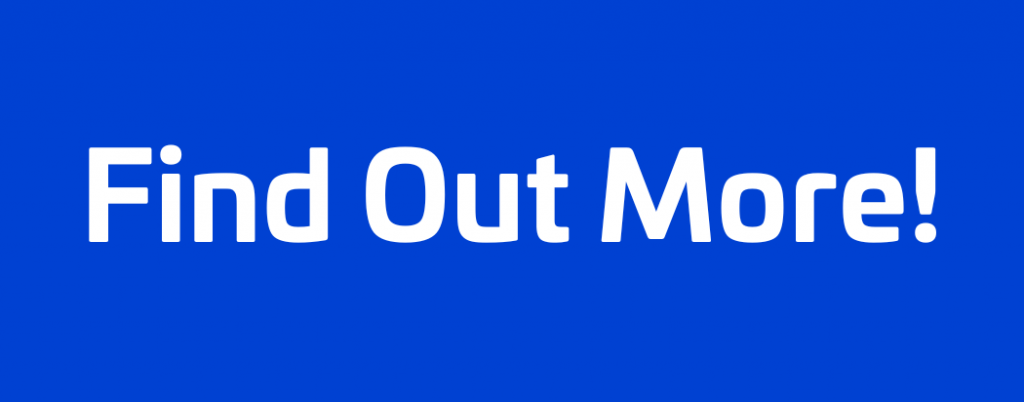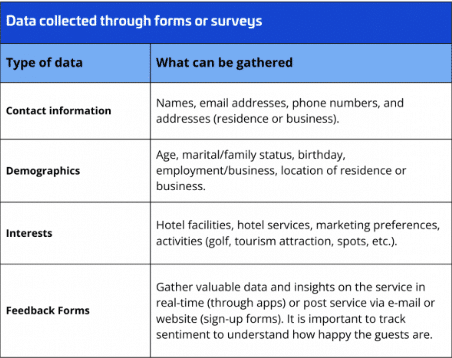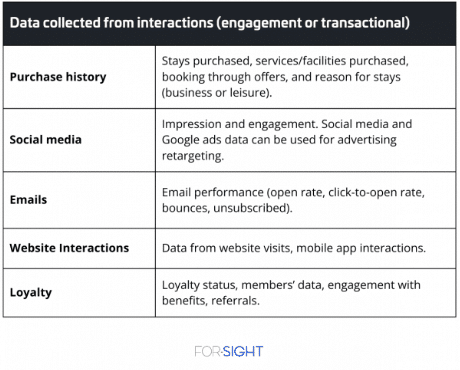What will you read in this blog:
- What is first-party data?
- Beyond Names and Emails: What Data Should Hotels Collect?
- Get More Data With Integrations
- Personalised Upselling
- Segmentation is Key: Using First-Party Data to Personalise the Guest Experience
- From Data to Pounds: Turning Data into Increased Revenue
- Building Guest Loyalty with First-Party Data
_____________________________________________________________________________
As the hotel industry embraces the ever-changing landscape of digital marketing, it’s an exciting time to explore new avenues for guest engagement and personalised experiences. This is particularly spurred by Google’s decision to phase out third-party cookies in its Chrome browser by the year 2025 (already phased out in Firefox and Safari browsers). The move towards prioritising user privacy and data security marks a significant shift in how businesses approach digital advertising and analytics. With the deprecation of third-party cookies, the focus is now on leveraging first-party data to deliver more tailored and meaningful interactions with guests. Let’s deepdive into the subject of first-party data and see how you can leverage this asset for personalisation, segmentation, loyalty and strategic decision-making.
What is first-party data?
It refers to data that a company collects directly from its customers and through various business sources like websites, apps, forms, and surveys. The hotel controls this data, which can be utilised for various purposes, such as improving guest experience and personalising marketing campaigns. Below is a tab highlighting the differences between first-party, second-party, third-party, and zero-party data.

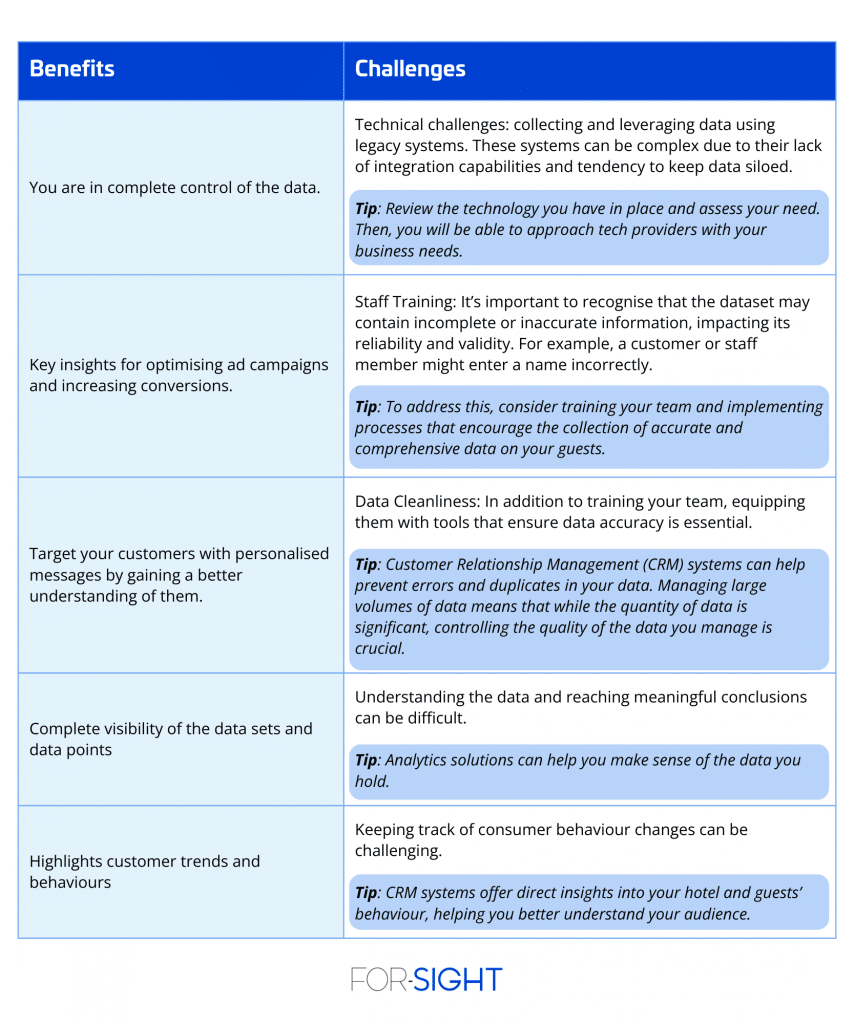 Service industries, including hospitality, gather high volumes of consumer data, including contact details, behaviours, purchase data, preferences, and more. By leveraging guest data, you can gain valuable insights into guests’ needs and behaviours and better understand your audience. In the tab below, you can view a list of the benefits and challenges associated with first-party data.
Service industries, including hospitality, gather high volumes of consumer data, including contact details, behaviours, purchase data, preferences, and more. By leveraging guest data, you can gain valuable insights into guests’ needs and behaviours and better understand your audience. In the tab below, you can view a list of the benefits and challenges associated with first-party data.
Although challenges persist, they can be addressed easily with our CRM and Marketing platform. With For-Sight, the data from your PMS and transactional systems (spa, golf, loyalty, wi-fi, etc.) is collected, cleaned and analysed, giving you a clear picture and a better understanding of how your guests experience your hotel. Our reporting suite is designed for you to capture curated insights about guest behaviour and hotel performance.
Explore how Rockliffe Hall Golf & Spa Resort utilise For-Sight to improve its marketing efforts, increase bookings, and maximise revenue and guest satisfaction using first-party data in our recent case study.
Beyond Names and Emails: What Data Should Hotels Collect?
You can gather a range of guest data in addition to basic personal details. The pre-stay and front desk interactions provide great opportunities to request this information from your guests. We have created a helpful table that offers examples of the data you should consider collecting. You can utilise this as a guide to help your team identify the data to collect.
Having access to this data allows you to analyse guest spending habits, track loyalty and preferences, and identify common behaviours and patterns. These insights are valuable for informing your marketing efforts and shaping your overall business strategies. Managing multiple properties? Consistency is crucial when collecting data across your hotels – giving you access to a full view of your estate.
Get More Data With Integrations
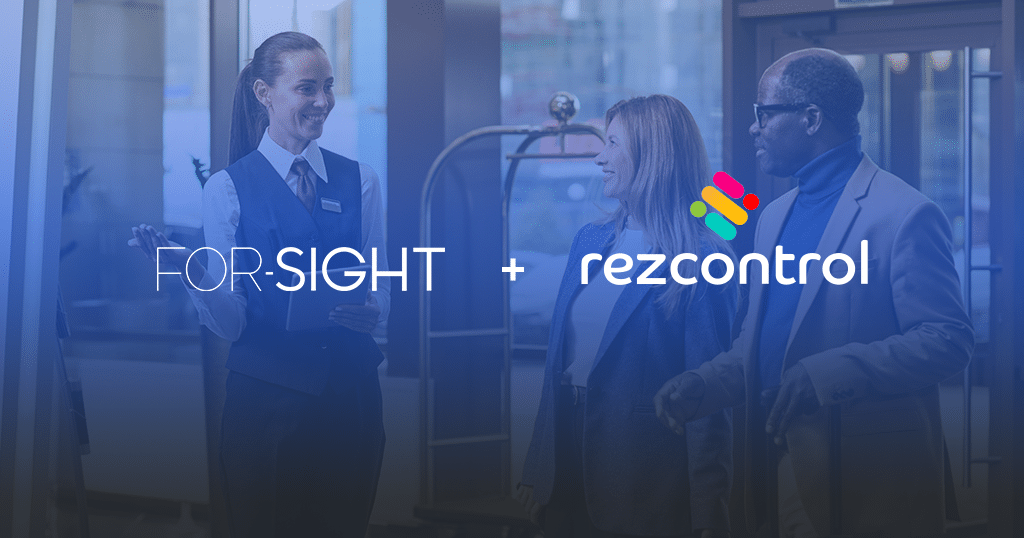
Integrations are key to unlocking the full potential of your CRM. They allow you to consolidate data from various sources, such as your PMS, booking engine, guest feedback platforms and more. This unified data provides a clearer view of your guests and enhances personalisation efforts. Visit our integration page here.
One of For-Sight’s recent new integrations is Rezcontrol – a complete, cutting-edge, cloud-based hotel management software solution designed to put hoteliers in control. With a 30-year track record in property management software, they understand what hoteliers need to run their operations smoothly and profitably and how to provide it. Platforms like For-Sight and Rezcontrol provide you with the tools to be in charge of your data.
Our Hotel CRM amplifies the PMS data by gathering more information from other data points, such as guest Wi-Fi like Captive Wi-Fi or Loyalty platforms such as Inspire Loyalty, adding it to the guest profile. You can view your individual customer profile and see what they have been up to! Curious to know more? Of course, you do! Read more about the Rezcontrol integration in one of our recent blog releases.
Personalised Upselling
Increasing auxiliary revenue is an important goal for many hotels. Personalised email campaigns are a powerful tool to achieve this. Here’s a breakdown of steps you can take to create a pre-stay email campaign:
1.Pre-stay Messages: Target guests who haven’t booked any extras yet. This is a great opportunity to showcase what your hotel offers, such as spa services, dining experiences, or room upgrades.
2.Content Alignment + Segmentation: Make sure the content of your emails is relevant to the segments of guests you’re targeting. For instance, guests travelling for leisure might be more interested in spa services, while business travellers might appreciate a faster check-in process or a quiet workspace.
3.Email Automation: Design an automated email sequence that starts from the moment a guest books their stay. The content should be timed and relevant to the lead time before their arrival.
By implementing this proactive approach, you not only aim to boost your axillary revenue but also enhance the overall guest experience, making it more likely that they will return or recommend your hotel to others. It’s a win-win situation!
Segmentation is Key: Using First-Party Data to Personalise the Guest Experience
At scale, connecting and truly resonating with your customers can be difficult. That is why collecting first-party data enables your marketing team to 1. understand your audience and 2. utilise segmentation based on behaviour and interests.
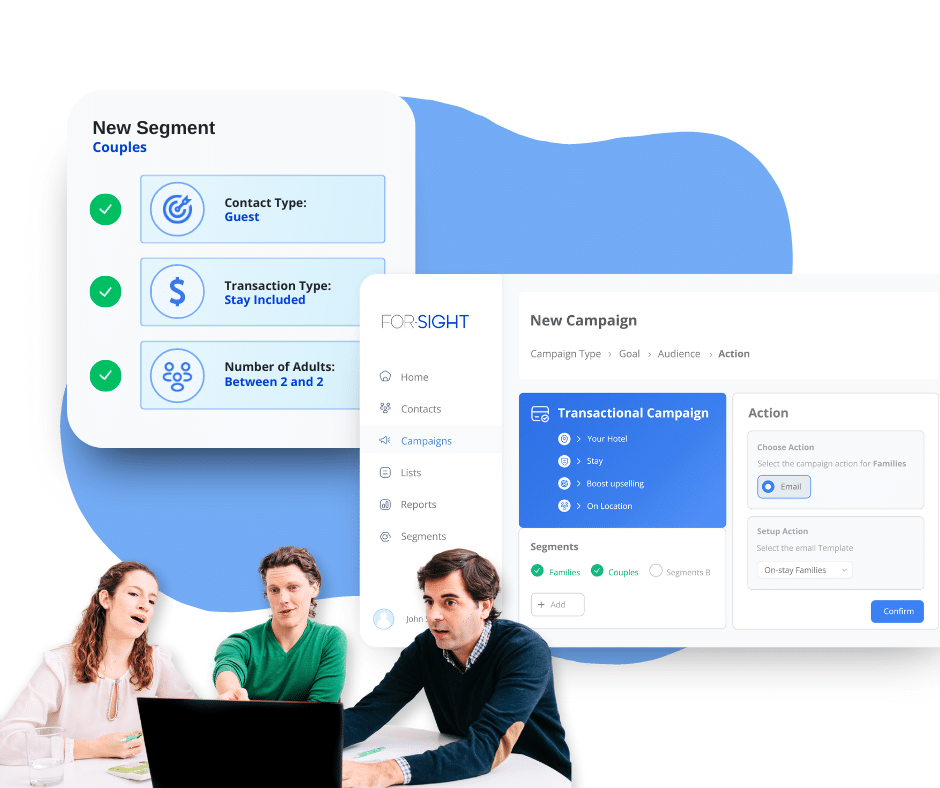
Before you start a campaign, it is important to set SMART goals and benchmarks to help you assess the performance of your campaign.
Here is a step-by-step guide on how to personalise guest experiences with segmentation.
1.Segmentation: Segment guests into meaningful groups based on their characteristics, behaviours, preferences, and needs. Utilise data such as demographic information, preferences indicated through surveys and data like browsing behaviour and purchase history to create dynamic segments. Segment characteristics inform the rest of the steps; therefore, it is important to define why certain characteristics have been selected.
2.Personalised Communication: Tailor your message and content with each guest segment in mind. Select channels that resonate, whether it’s emails, SMS messages, or push notifications. Personalisation can take different forms: relevant offers, recommendations, or updates based on their interests and past interactions.
3.Customised Offers and Promotions: Create personalised offers, discounts, or promotions based on guest preferences and behaviour. For example, loyal guests can be offered a bottle of fizz on their fifth stay or targeted incentives to encourage extra purchases.
4.Enhanced On-Property Experience: Use guest data to inform your staff about your guests and humanise your interactions. Recognise your guests on arrival, anticipate their needs, and provide proactive assistance or service enhancements. For example, if a guest has a history of ordering room service late at night, you can offer a personalised menu with late-night dining options or provide expedited delivery.
5.Feedback and Surveys: Continuously solicit feedback from guests to understand their satisfaction levels, preferences, and areas for improvement. Use this feedback to refine your personalised experiences and address pain points or concerns.
6.Data Privacy and Security: Ensure compliance with data privacy regulations and prioritise guest data security. Communicate your data collection and usage practices, obtain consent when necessary, and implement robust security measures to protect guest information.
7.Continuous Optimisation: Monitor the effectiveness of your personalised strategy through key performance indicators (KPIs) such as customer satisfaction scores, repeat purchase rates, and average revenue per guest. Continuously analyse data insights and iterate on your personalisation strategies to optimise results.
” 83% of marketers feel that their current personalisation efforts are primarily based on assumptions about customers rather than data-driven insights.” – Marketing Tech News
Marketers can leverage the power of AI and predictive analytics to enhance their targeting capabilities. By utilising statistical algorithms, historical data, and machine learning techniques, predictive analytics enables organisations to predict future outcomes. This tool is incredibly useful in helping you stay ahead of the competition and make informed decisions that can positively impact your bottom line.
Predictive analytics in marketing uses consumer data from various sources, such as social media, online transactions, website visits, and demographic information. It helps businesses understand their customers and make data-driven decisions that can improve their marketing strategies and increase ROI. A great example is time optimisation; the algorithm can suggest the best e-mail sending times based on the data set or country of the receiver. The future for marketers is truly exciting!
By leveraging first-party data to personalise the guest experience, hoteliers can foster stronger connections with their guests, drive loyalty and advocacy, and ultimately improve their bottom line.
From Data to Pounds: Turning Data into Increased Revenue
With For-Sight’s CRM, you can turn your first-party data into revenue. Here are some examples of how:
Remarketing and Retargeting: Use first-party data to implement remarketing and retargeting campaigns aimed at guests who have previously visited specific pages on your website or shown interest in booking but have yet to complete a reservation. Serve targeted ads or personalised email offers to encourage them to return and complete their booking or encourage them to add on service.
Social Media Targeting: Utilise first-party data to create custom audiences for targeted advertising on social media platforms. Reach guests who have interacted with your hotel online, visited your website, engaged with your social media posts or booked at your hotel or amenities with relevant ads and content.
App Targeting: With For-Sight’s Marketing Hub, app push notifications become a powerful and convenient tool. Capture your guests’ attention with time-sensitive messages. Deliver timely notifications designed to complement your campaigns.
Upselling and Cross-Selling: Analyse guest data to identify upselling and cross-selling opportunities. Design personalised upgrades, add-on services, or package deals based on the guest’s interest, previous purchases, or upcoming stays to increase revenue per guest.
Building Guest Loyalty with First-Party Data
Loyalty reward integrations such as Inspire Loyalty mutually benefit your hotel, guests and non-residential business. Market research shows that there is a growing demand for offers, discounts, and deals that are value for money, whether they come in the form of a promotion or reward. You can read more about loyalty trends in one of our most recent blogs: The Importance of Customer Loyalty in Today’s Hospitality Business Environment.
Loyalty integrations allow you to segment your guests based on their membership status within your hotel’s loyalty program. Member segmentation is a great tool for making your members feel special by crafting exclusive member campaigns.
”It turns out that people like sharing their activities as long as they are asked by brands and retailers they trust.” – Forbes

Taking inspiration from a well-known business that implements a membership loyalty strategy, Costa Coffee stands out as a great example. The coffee shop giant offers its customers the opportunity to join their Costa Club
loyalty program at no cost. Members are rewarded with ‘beans’ and discounts on future purchases. By capturing customers’ birth dates, Costa Coffee provides a complimentary cake on their birthday, further incentivising the download of their app to collect this data. To foster continued loyalty, email reminders are sent to encourage the redemption of points before they expire.
Taking inspiration from a distinguished luxury hotel, Boringdon Hall, which is another excellent example, we can observe a sophisticated membership loyalty strategy powered by Inspire Loyalty. Boringdon Hall encourages guests to join their Loyalty Club at no cost, offering them the chance to earn points with every direct booking, dining experience, or spa visit. These points can then be redeemed for future experiences at their hotel. For instance, members can enjoy a complimentary bottle of Laurent-Perrier for 1000 points or a 60-minute spa treatment at Gaia Spa for 1300 points. You can read more about Inspire Loyalty success stories on their website and get yourself inspired to build your own loyalty programme.
Hotels can say how much they care with more than words using loyalty schemes. Pursuing rewards offers a powerful incentive to drive repeated direct bookings, while email marketing nurtures and reminds members about what they love at your property. Combined, the loyalty program and email marketing strategy create a winning combo to retain high-value guests.
You can also track the effectiveness of your programs and identify areas for improvement by analysing your returning guest’s rates, redemption patterns, and engagement metrics. Use this data to refine your loyalty strategies to better meet members’ needs.
Conclusion
As we approach a world without cookies, which Google expects to happen by the start of 2025, it’s important to take control of your own data. Untapped data remains merely a collection of facts; however, when harnessed effectively, it transforms into a deep understanding of each customer’s unique preferences, enabling the crafting of highly personalised and appealing offers.
Now might be the perfect time to re-evaluate the efficacy of your tech stack in delivering the insights necessary to truly understand your guests and drive a personalised marketing strategy. For-Sight’s CRM and Marketing Platform, bespoke for the hospitality industry, integrates with PMSs and is engineered to automate the guest journey for hoteliers.
Want to take a tour of For-Sight? Schedule a discovery call today!
